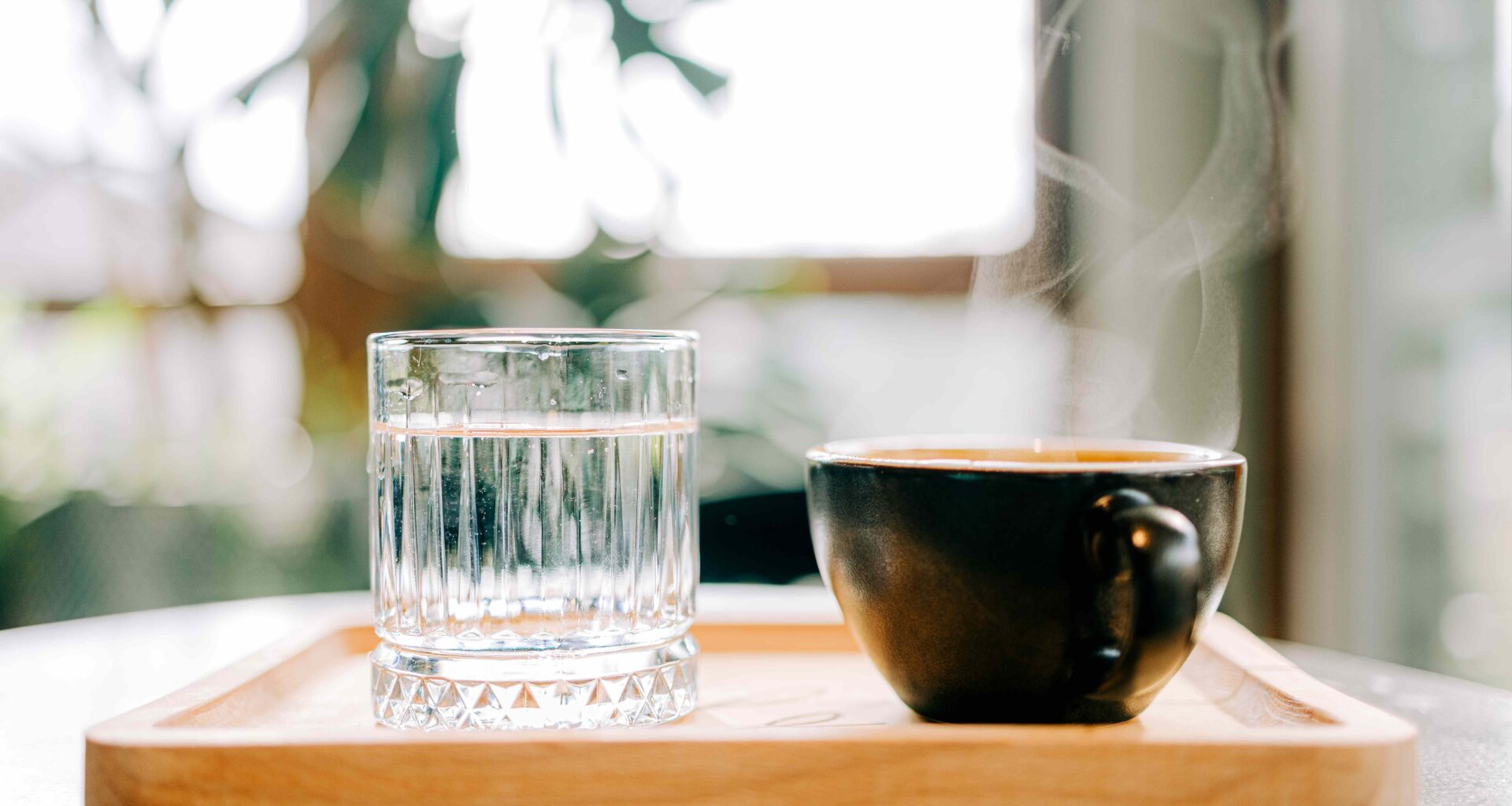It’s no secret that drinking water is essential for health, but a recent study suggests that adding coffee and tea to your hydration routine could be even more beneficial—potentially helping you live longer.
“When you combine hydration with antioxidant-rich beverages like coffee and tea, you’re giving your body support at a cellular level,” registered dietitian Emily LaBombard, MPH, RDN, LDN, who was not involved with the new research, told Health. That “may help reduce inflammation and oxidative stress that contributes to how we age.”
While plenty of research has examined what happens when people drink coffee and tea separately, the authors of the new study wanted to know about their combined effect.
To explore this, they analyzed data from 182,770 adults enrolled in the U.K. Biobank database. Participants were followed for about 13 years and completed questionnaires detailing their daily intake of coffee, water, and tea, as well as other lifestyle habits and medical histories.
After analyzing the data, the scientists found that people who consumed seven to eight total daily drinks of water, coffee, and tea had the lowest risk of death from any cause, they reported in the British Journal of Nutrition.
When it came to the most beneficial mix of these beverages, one combination stood out: a 2:3 ratio of coffee to tea each day appeared to offer the greatest protection, lowering the risk of death by 45%.
That said, the study can show only an association between coffee and tea consumption and lower mortality risk—it doesn’t prove that drinking these beverages causes you to live longer.
Furthermore, researchers didn’t account for how participants prepared their tea and coffee, meaning that additives like cream or honey could have influenced the results.
Drinking enough water throughout the day helps your body maintain essential functions such as regulating temperature, supporting blood circulation and pressure, providing energy to the brain, and supporting kidney and digestive health.
Adding coffee and tea to your daily beverage rotation not only contributes to hydration—enhancing those benefits—but may also offer an extra health boost thanks to the beneficial compounds found in these drinks, experts said.
Specifically, coffee and tea contain a powerful group of antioxidants called polyphenols, Deepak Vivek, MD, an interventional cardiologist at Orlando Health Heart and Vascular Institute who was not involved in the study, told Health.
Polyphenols have been linked to several health benefits, including lower blood pressure and a reduced risk of heart disease.
Coffee is particularly rich in a type of polyphenol called chlorogenic acid, which has also been associated with a reduced risk of type 2 diabetes and neurodegenerative diseases, and may also support gut health, Sarah Glinski, RD, a registered dietitian in Vancouver, Canada, who was also not affiliated with the study, told Health.
Meanwhile, tea is high in catechins, compounds that may have anti-inflammatory and anti-cancer properties, Vivek added.
A growing body of research continues to link regular consumption of both coffee and tea with a lower risk of disease—and even a longer lifespan.
As the study suggests, there appears to be a sweet spot for beverage intake—in other words, consuming too much of each drink could have potential downsides for your health.
Drinking excessive amounts of water, for example, can dilute electrolytes such as sodium and potassium, which keep your heart functioning properly. LaBombard recommends aiming for half your body weight in ounces of water each day.
Similarly, overdoing it on caffeine can also have negative effects—leading “to heart palpitations and irregular skipped beats,” said Vivek, as well as increased anxiety and disrupted sleep.
He recommends keeping caffeine intake to no more than 400 milligrams per day (roughly the amount found in four cups of caffeinated beverages).
That said, everyone’s hydration needs and caffeine tolerance vary. “Body weight, certain medications and medical conditions, and individual differences in caffeine metabolism can all affect your tolerance to caffeine,” said Glinski. A healthcare professional can help weigh in on what’s best for your specific situation.
If caffeine is a concern but you’d still like to reap the benefits of antioxidants found in coffee or tea, try decaf coffee. You can also opt for herbal teas such as chamomile, peppermint, or ginger, which are caffeine-free, LeBombard suggested.

